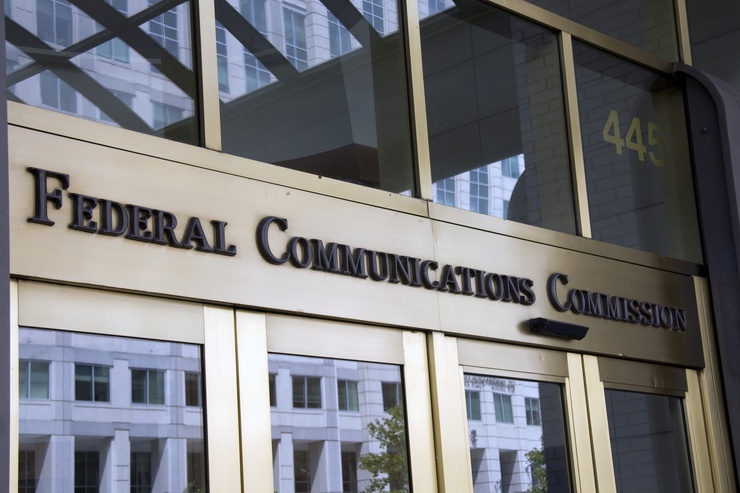-
Tips for becoming a good boxer - November 6, 2020
-
7 expert tips for making your hens night a memorable one - November 6, 2020
-
5 reasons to host your Christmas party on a cruise boat - November 6, 2020
-
What to do when you’re charged with a crime - November 6, 2020
-
Should you get one or multiple dogs? Here’s all you need to know - November 3, 2020
-
A Guide: How to Build Your Very Own Magic Mirror - February 14, 2019
-
Our Top Inspirational Baseball Stars - November 24, 2018
-
Five Tech Tools That Will Help You Turn Your Blog into a Business - November 24, 2018
-
How to Indulge on Vacation without Expanding Your Waist - November 9, 2018
-
5 Strategies for Businesses to Appeal to Today’s Increasingly Mobile-Crazed Customers - November 9, 2018
Verizon Appreciates FCC Vote On Spectrum Frontiers Order
“I do believe this is one of, if not the, most important decision this agency will make this year”, FCC Chairman Tom Wheeler repeated of his Spectrum Frontiers Order approved in a rare unanimous vote by all five commissioners during the FCC’s July open meeting.
Advertisement
The rules will make almost 11 gigahertz (GHz) of spectrum above 24 GHz, known as millimeter wave spectrum, available for flexible use, to be shared by licensed and unlicensed wireless users, satellite operators and the government. The Commission adopted a “Further Notice of Proposed Rulemaking”, which seeks to apply the flexible use service and technical rules adopted Thursday to another 18GHz of spectrum spread across eight additional high-frequency bands. “No limit” “There is seemingly no limit on how what we refer to as 5G could impact our everyday existence”, FCC Commissioner Mignon Clyburn said. “These airwaves can be combined with a swath of unlicensed spectrum that is nearby – meaning new and exciting possibilities for Wi-Gig innovation”. It will take at least a few years before 5G is actually out in the real world, with most networks and the FCC itself expecting the rollout of the very first 5G networks around 2020.
Beyond the set-top proceeding there also are big policy concerns for non-video parts of the business, which are growing faster than video, he said: the broadband data privacy and special-access proceedings under way at the FCC that target high-speed data and business services.
He said 5G has the potential to transform the connectivity marketplace completely. Under the new rules, a company’s application to end legacy, TDM-based voice service in a technology transition can be automatically granted in 30 days if the applicant meets a “clear, objective” three-pronged test. In one item, the FCC voted to open up high-frequency spectrum to help carriers create 5G networks that would be faster than existing 4G ones.
Several industry researchers hold that 5G network will provide a download speed of 1 Gbps (gigabit per second) which is 200 times the throughput of the now available standard 4G LTE network. Wheeler says it’ll be capable of delivering 10 to 100 times the speed of now wireless networks, but that’s a huge range.
Despite former tensions between carriers and advocacy groups, the two parties took an unusual step and issued a joint statement, pledging to “work together in the spirit of cooperation and good faith”.
“The Commission’s actions today are a substantial step forward in laying the groundwork for the next generation of wireless technologies”. “The FCC’s plan frees a significant amount of new spectrum for mobile use, and does so without attaching strings or taking a wait-and-see approach”, the Telecommunications Industry Association said.
Advertisement
The Federal Communications Commission’s Democratic majority has voted to preserve TV and radio station ownership restrictions, including a ban on owning both a daily newspaper and a nearby broadcast station, according to people familiar with the vote.




























